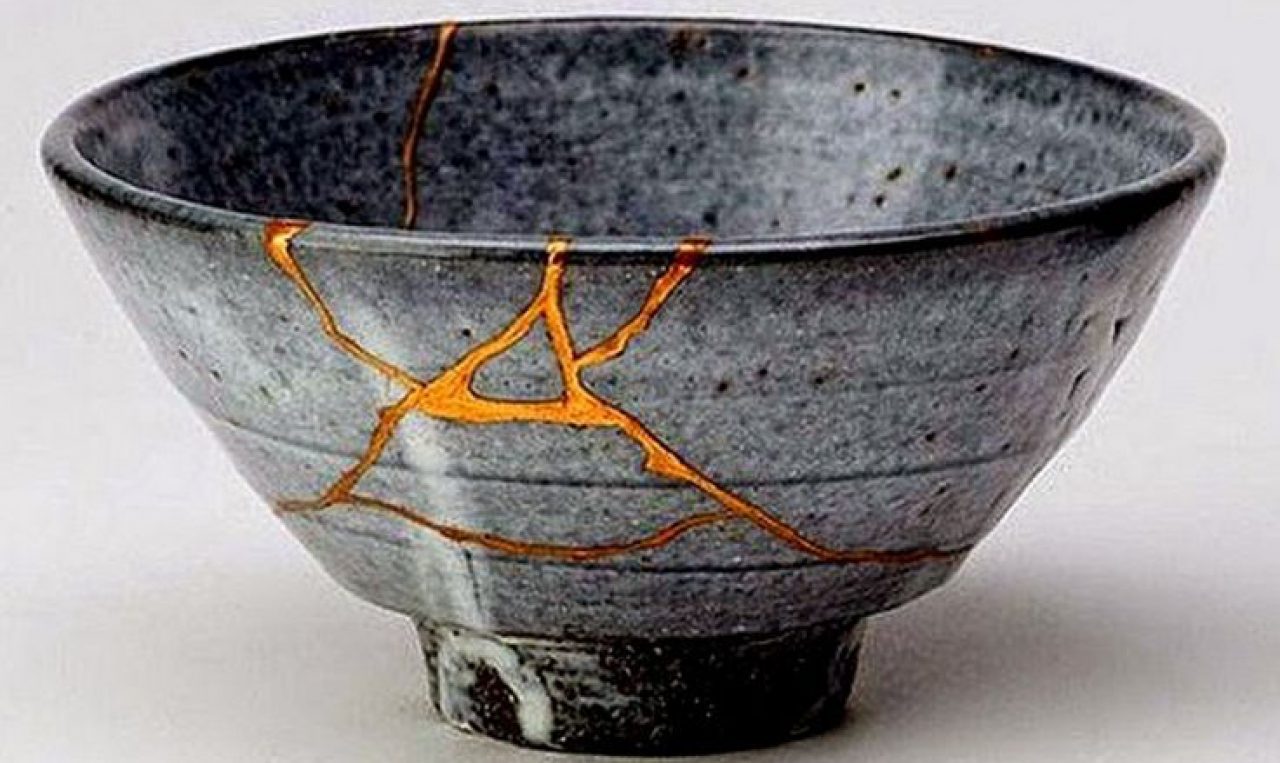In chapter 5 of Elizabeth Spelman’s Repair, she reveals 2 ways in which we repair relationships: apologies, and reparations. When we usually apologize it is because we have committed an offense to someone. We say “I’m sorry” to show the person that we feel bad for what we did wrong. It is then that the party we have wronged has to either accept or reject the apology. When we repair by using reparations we pay the victim party in some way, shape or form for the damages we inflicted upon them. This is a way of saying “sorry” without actually saying it. The difference between the two is that apologizing needs both the victim and the offender to agree on the apology so they can repair their relationship and move forward. With reparations since they are just giving money both parties don’t have to agree on it, and the offender does not have to feel remorse for what they did. One popular scenario where reparations was used to solve a conflict was right after World War I, where Germany paid the Allied Powers. An example of an apology being used to repair a relationship was when my brother broke my Nintendo GameCube.
Years ago my main way of gaming was with the Nintendo GameCube. I played all kinds of games on it throughout the years, mainly ones based on Nickelodeon. It embodied a big part of my childhood. So when I found that the disc reader was snapped off the console I was irate. Suddenly, the past years of gaming on it all seemed like a distant memory. My brother confessed and apologized, he seemed full of regret about what he did. It took me a while but I eventually forgave him, and played on the Wii instead. He made a mistake and apologized for it, however only when I forgave him were we able to move on.
Right after the Great War ended, Europe was in disarray from all of the destruction caused by the fighting. Since they lost, the Central Powers were forced to pay reparations to the Allies for the destruction caused by the war. Since the war was catastrophic and the death toll was high, the Allied Powers felt that an apology alone wasn’t going to cover 4 years of fighting. As a result, the countries of Austria-Hungary, Germany, and Bulgaria were forced to pay to repair the peace that was lost in Europe. However, they despised paying reparations, and this animosity led to the beginning of World War 2.
The recipients of reparations are under no obligation to have or express any particular emotion toward the payers or toward the intermediaries who exact the reparations.
This quote means that the party that receives the reparations doesn’t have to show emotion to whoever wronged them. This can lead to both sides not making up and fully repairing their relationship. In the Allies’ case, they felt that Germany paying reparations to them for the damages caused by WWI to be justified. However, they did not show any desire to try to repair the relationship between the Allied and Central Powers. As a result, the animosity between them grew and led to future conflict.
Apologizing and giving someone reparations, while both being used to repair relationships, complete this objective in different ways. Apologizing requires both the victim and perpetrator to agree to the apology, while reparations requires only one party to agree. Apologies are most often used in smaller cases like the one with me and my brother breaking the GameCube. While things weren’t the same as before we were able to come to an understanding and our relationship was repaired. Reparations are usually used for much bigger cases. As for Germany and the countries who had to pay reparations, they didn’t want to do it. The Allies accepted it, but did not care about their relationship with the warring countries. This didn’t fully resolve the conflict and the relationship of the countries in Europe was not repaired.
